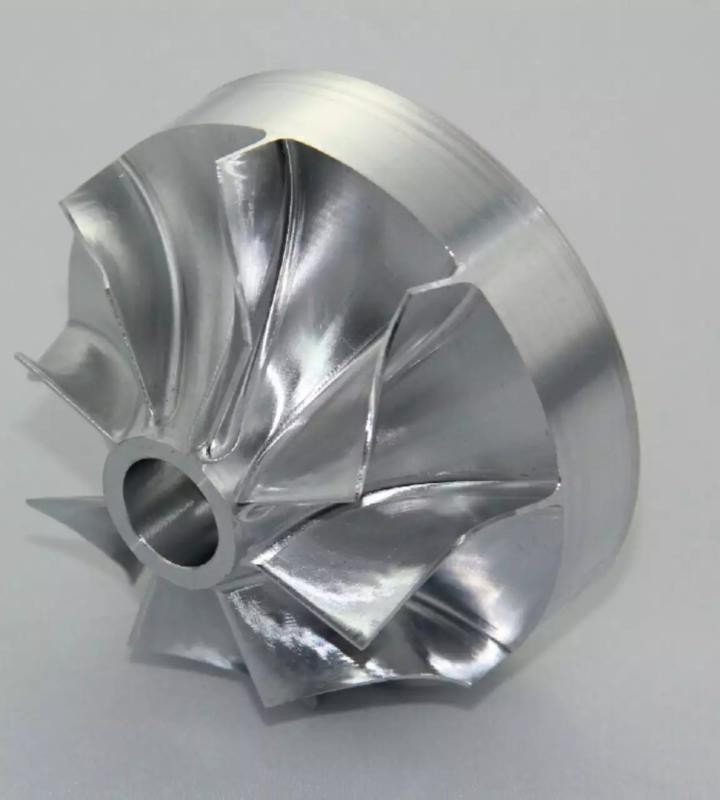
CNC machining is a high-precision manufacturing process in which every part manufactured through CNC machining will exhibit consistency in size, surface finish, and overall structural integrity, regardless of the complexity or volume of the required part.
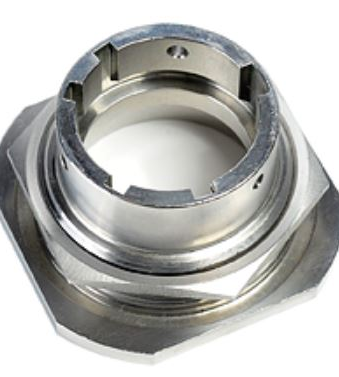
The reliability of CNC machined parts is the cornerstone of the medical device manufacturing industry, where precision and consistency equate to patient safety and outcomes. In this field, CNC machining delivers unparalleled dimensional accuracy and surface finish quality, complying with strict regulatory standards such as ISO 13485, a medical device quality management system.
CNC machined components used in medical devices often include complex implants, surgical instruments, prosthetics and diagnostic equipment. High repeatability and tight tolerances achieved through computer-controlled machining ensure each part runs perfectly on multiple cells, reducing the risk of failure during critical processes.
In addition, CNC technology can process specialty materials with complex geometries, which are often required for biocompatibility or performance reasons. This versatility ensures manufacturers can consistently produce parts that meet the precise specifications required for effective connection to human anatomy and other sensitive medical systems.
Essentially, the use of CNC machined parts ensures the level of precision, durability and hygiene required in the demanding environments of medical applications, thereby helping to improve healthcare outcomes and increase trust in medical device technology.
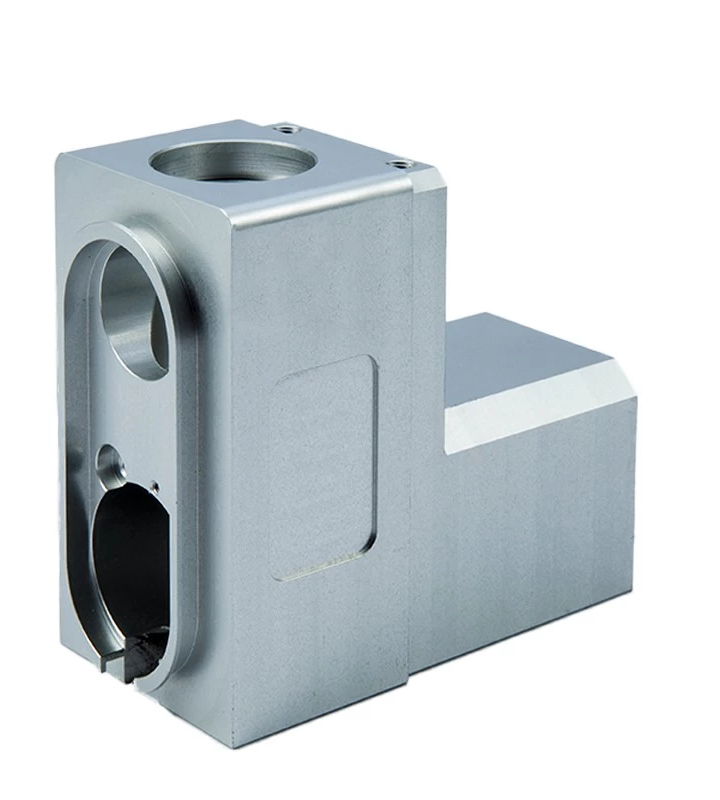
In the field of precision engineering, CNC machined parts play an indispensable and key role. These components are crafted using computer numerical control (CNC) machines, which convert digital designs into precise physical replicas with micron-level tolerances. This level of accuracy is critical for applications where precise assembly, functionality or performance is critical, such as aerospace, automotive, medical device and high-tech industries.
The advent of CNC machining technology has revolutionized the way engineers design and manufacture components. The process can create complex geometries, intricate details, and tight dimensional control in a variety of materials, from metals to plastics and composites. By automating the machining process, CNC reduces human error and ensures repeatability, which is the basis for mass production of identical, high-quality parts.
Additionally, CNC machined parts enable engineers to push the boundaries of innovation as they can now design and prototype complex systems and mechanisms that would be impossible or impractical to produce using traditional methods. This capability accelerates product development cycles, enhances product durability, and ultimately contributes to the overall advancement of precision engineering practices.
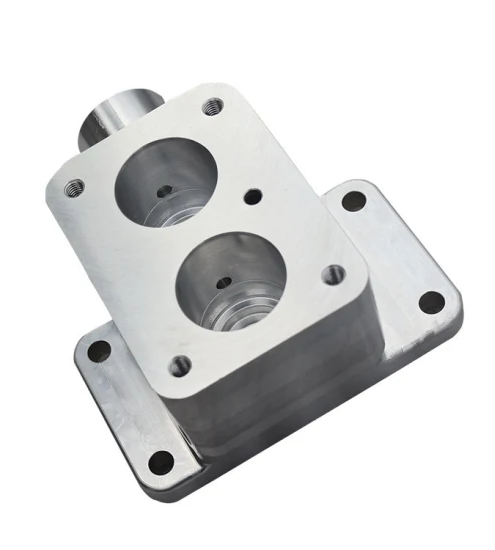
CNC machining has revolutionized the manufacturing landscape by streamlining the production of precision parts, making the manufacturing process easier and more efficient than ever before. This cutting-edge technology uses computer numerical control (CNC) machines to interpret digital designs into high-precision commands to automate the material shaping and cutting process with high precision.
In CNC machining, complex 3D models are programmed using G-code to guide machine tools along precise paths. The result is a high degree of repeatability and accuracy across multiple parts, even for complex geometries and tiny tolerances that are difficult or impossible to achieve with manual methods.
This versatile method can handle a variety of metals, plastics and other materials and is suitable for industries ranging from aerospace to medical devices. Custom parts, prototypes, and high-volume production all benefit from the speed, reliability, and adaptability that CNC machining provides.
Ultimately, CNC machining simplifies the path to precision manufacturing, allowing businesses and engineers to easily and consistently translate their rigorous design visions into tangible realities, reducing lead times and improving product quality at every step of the production process.
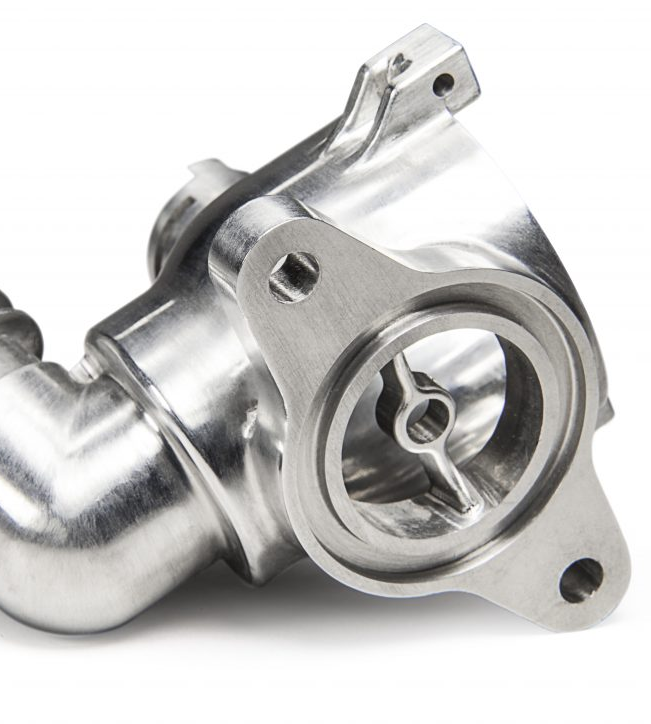
CNC machined parts have a profound impact on the quality and performance of end products across numerous industries. These components are manufactured with unparalleled precision using computer numerical control (CNC) technology, ensuring each part meets strict design specifications and tolerances.
Integrating CNC machining into the production process ensures high repeatability and consistency. This level of precision enables assemblies to meet or exceed expectations in terms of fit, form, and function, thereby increasing product reliability and service life.
Additionally, the versatility of CNC machining allows for the use of a range of materials and complex geometries, allowing designers to optimize component designs to reduce weight, improve efficiency or other specific performance goals. This capability is particularly important in areas such as aerospace, automotive and medical devices.
In summary, the integration of CNC machined parts makes a significant contribution to improving product quality standards and overall performance, thereby driving innovation and competitiveness in today's demanding industrial market. Meticulous control of production ensures that each product is not only consistent, but able to meet the most stringent requirements.
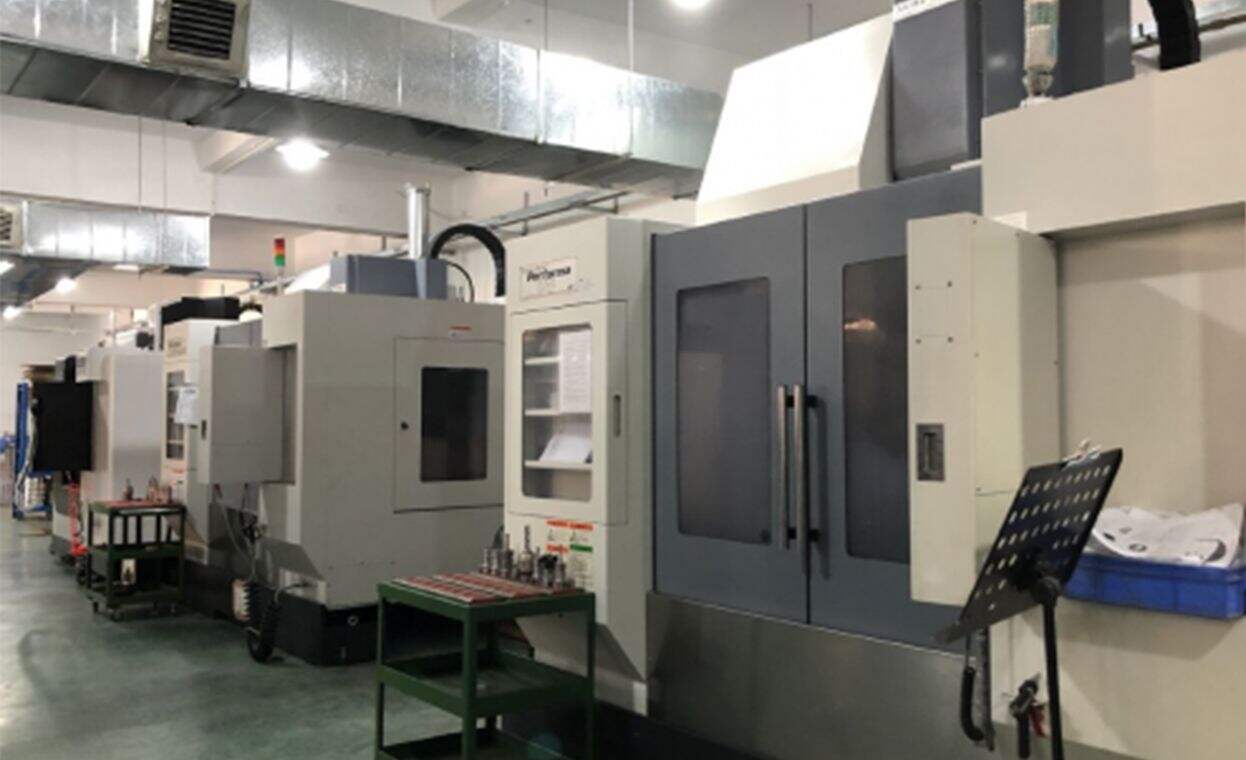
RMT is a precision custom manufacturing provider. We provide high-quality manufacturing with on-time delivery at competitive prices. Express your requirements and once confirmed, we will develop a solution that satisfies you. Every step in the process We will continuously communicate with you at every stage so that you can understand all the information about product manufacturing.
Put the needs and expectations of customers first and center, customize satisfactory solutions with personalized services for them, and exceed customers' expectations, thereby cultivating reliable long-term trust relationships.
Guiding clients through the custom manufacturing process from concept to completion, our consultants work closely with each client to understand their unique specifications and provide strategic insights for personalized production solutions
We utilize state-of-the-art machinery and strict quality control measures to manufacture components to precise tolerances. Every part undergoes rigorous inspection to ensure micron-level accuracy to meet the most demanding specifications.
From raw materials to finished products, we meticulously adhere to strict standards, monitoring and testing every step using cutting-edge methods to guarantee consistent performance and durability in all our products.
CNC machined parts can provide high precision and dimensional accuracy to ensure stable quality. Second, they allow for customization, with the ability to produce parts customized to specific requirements. Additionally, CNC machined parts offer fast production times, cost-effectiveness for both small and large production runs, and the ability to use a variety of materials.
CNC machining achieves dimensional accuracy through computer-controlled precision. CNC machines follow instructions in digital design files to ensure consistent movement and positioning of cutting tools. This level of control enables precise material removal and accurate design replication, resulting in parts with tight tolerances and dimensional accuracy.
Common options for CNC machining include metals such as aluminum, steel, and titanium, as well as various plastics and composite materials. The suitability of a material depends on factors such as the required properties of the part, its application and the processing capabilities of the CNC machine.
When selecting CNC machined parts, you should consider the materials required, dimensional accuracy requirements, surface finish, design complexity, production volume, and cost. Each of these factors affects the machining process, tool selection, and overall feasibility of part production.
CNC machining begins by using computer-aided design (CAD) software to create digital design files. This design file is then converted into a format that the CNC machine can understand, typically using computer-aided manufacturing (CAM) software. CNC machine tools are programmed with specific instructions, including tool paths, cutting speeds and feed rates. The machine then uses these instructions to precisely control the motion of a cutting tool such as a drill, mill, or lathe to remove material from the workpiece and form the desired shape.
